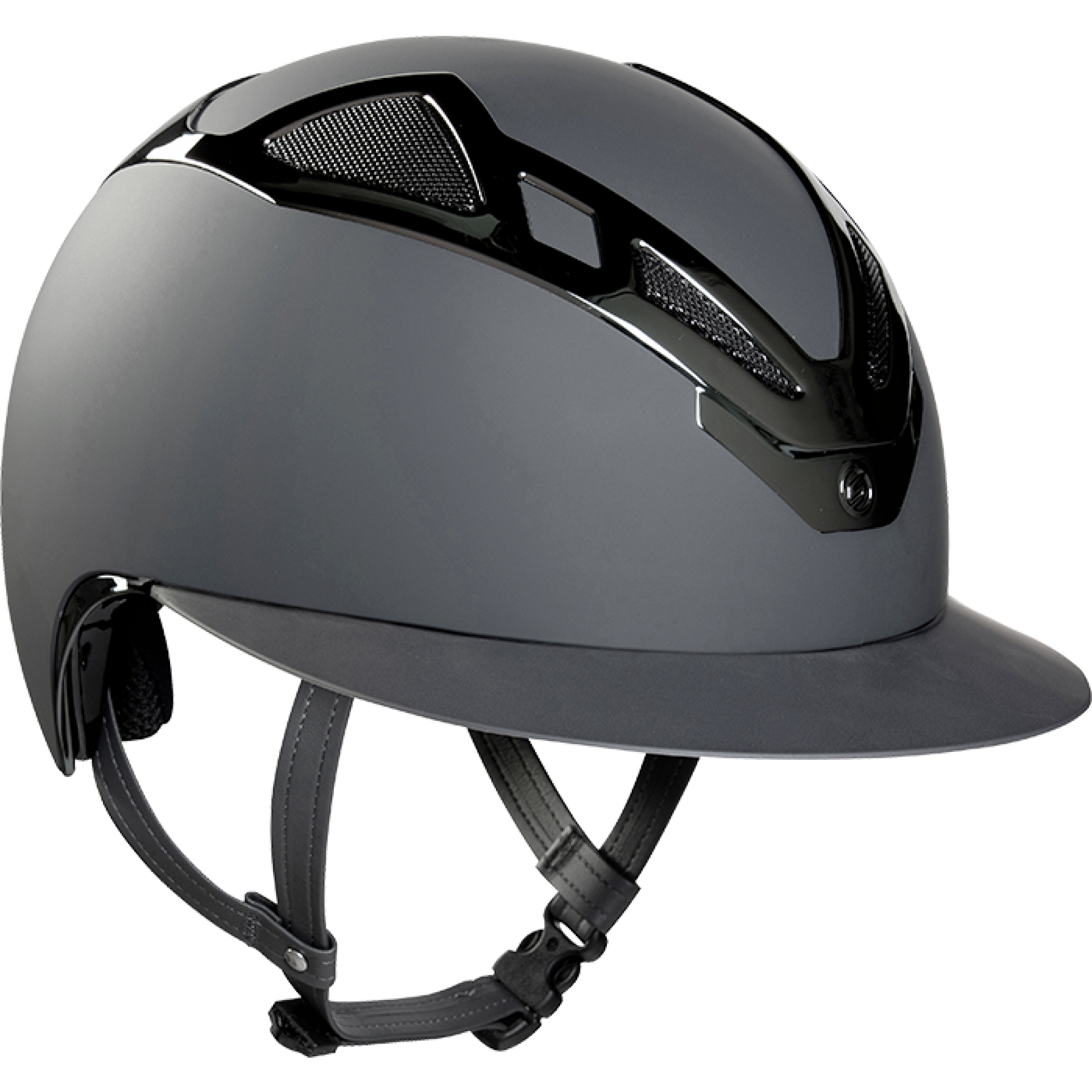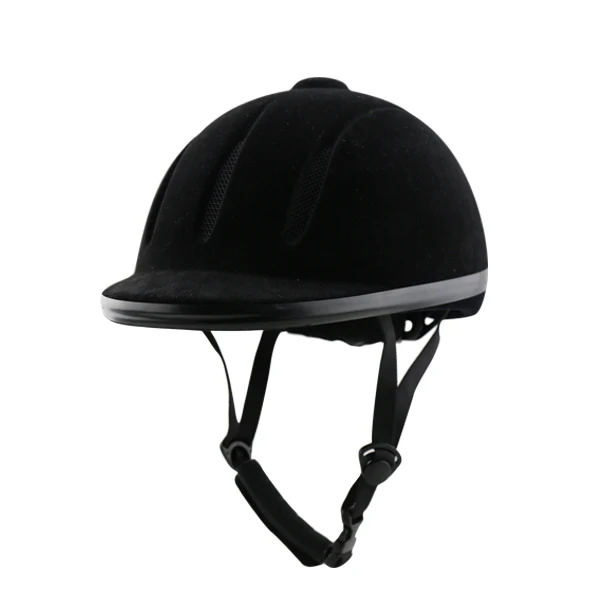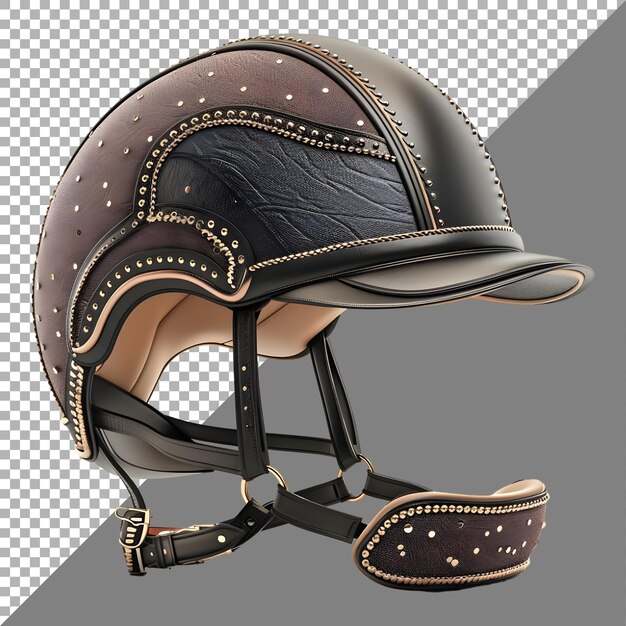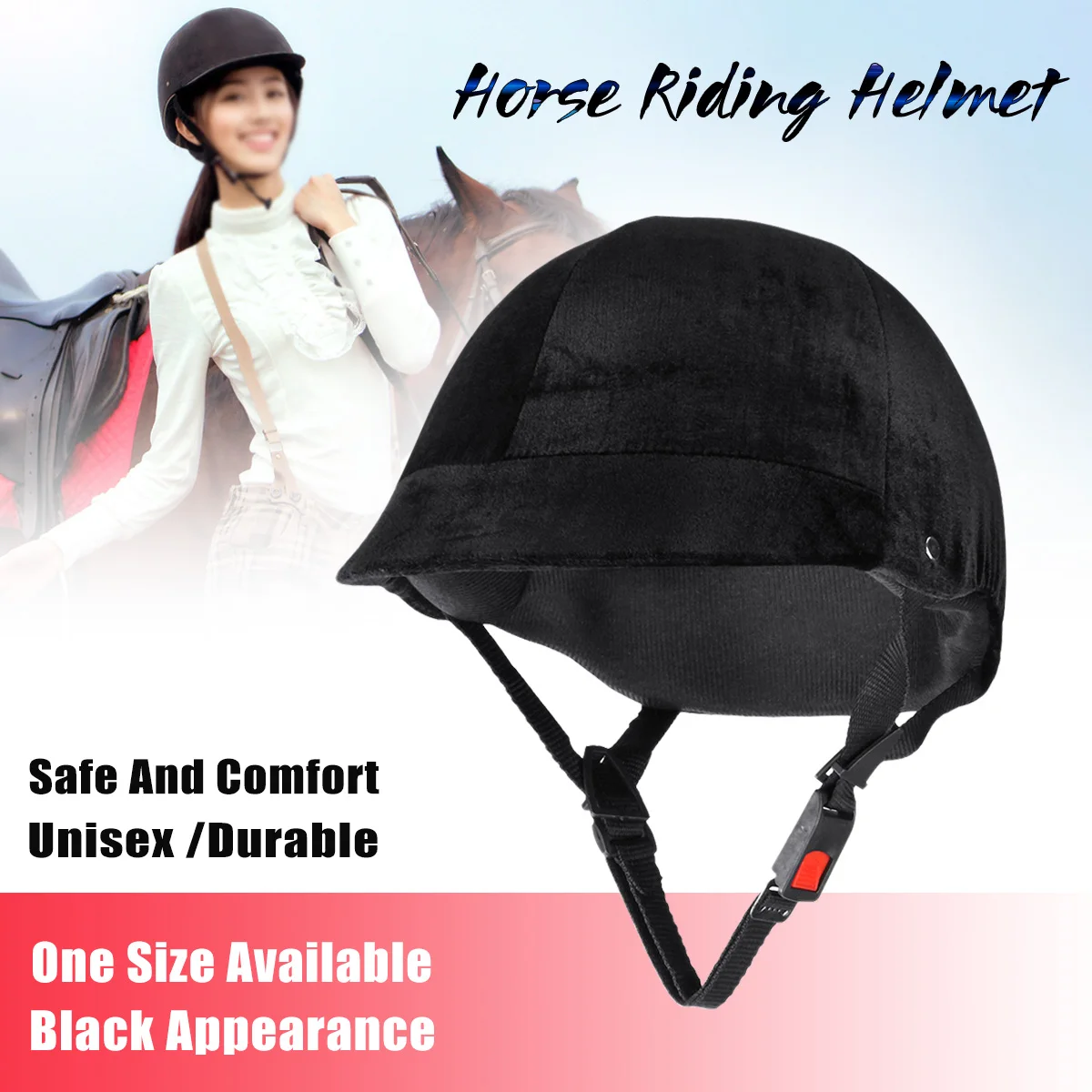Do You Need a Helmet for Horseback Riding?

Horseback riding is an exhilarating sport and leisure activity enjoyed by millions worldwide. However, safety is paramount, and one of the most debated questions among riders is: Do you need a helmet for horseback riding? This article explores the importance of helmets, legal requirements, types of helmets, and safety tips to help you make an informed decision.
Why Wearing a Helmet Matters

Horseback riding involves risks such as falls, collisions, and unpredictable horse behavior. Head injuries can be severe and sometimes life-threatening. Helmets are designed to absorb impact and protect the rider’s skull and brain during accidents.
Key Benefits of Wearing a Helmet:

- Reduces risk of traumatic brain injury
- Protects against skull fractures
- Increases rider confidence
- Complies with safety regulations
Legal Requirements and Recommendations
Helmet laws vary by country and region. Some places mandate helmets for all riders, while others require them only for minors or during competitions.
| Region/Country | Helmet Requirement |
|---|---|
| United States | Varies by state; many require helmets for minors and in competitions |
| United Kingdom | Mandatory for riders under 14; recommended for all |
| Australia | Compulsory in many states for all riders |
| Canada | Varies by province; often required for youth |
Always check local regulations before riding.
Types of Horseback Riding Helmets
Choosing the right helmet is crucial. Helmets differ based on riding style, certification, and comfort.
- Western Helmets: Designed for Western riding styles, often with a wider brim.
- English Helmets: Sleek design, commonly used in dressage and jumping.
- Eventing Helmets: Provide extra ventilation and protection for cross-country.
Certification Standards to Look For:
- ASTM/SEI (USA)
- PAS 015 (UK)
- VG1 (Europe)
How to Choose and Maintain Your Helmet
- Ensure a snug fit without discomfort.
- Replace helmets every 5 years or after a significant impact.
- Store helmets away from extreme temperatures and direct sunlight.
- Clean with mild soap and water; avoid harsh chemicals.
Frequently Asked Questions (FAQ)
Q1: Can I use a bike helmet for horseback riding?
A: No, bike helmets are not designed to protect against the types of impacts common in horseback riding.
Q2: Are helmets required for all riding disciplines?
A: Requirements vary, but wearing a helmet is recommended regardless of discipline for safety.
Q3: What if I’m an experienced rider?
A: Experience reduces risk but does not eliminate the possibility of accidents; helmets are still essential.
Conclusion
Wearing a helmet while horseback riding is a critical safety measure that can prevent serious injuries. Whether you’re a beginner or an experienced rider, investing in a quality helmet and adhering to safety guidelines is a smart choice that protects your most valuable asset—your head.
Stay safe and enjoy your ride!
